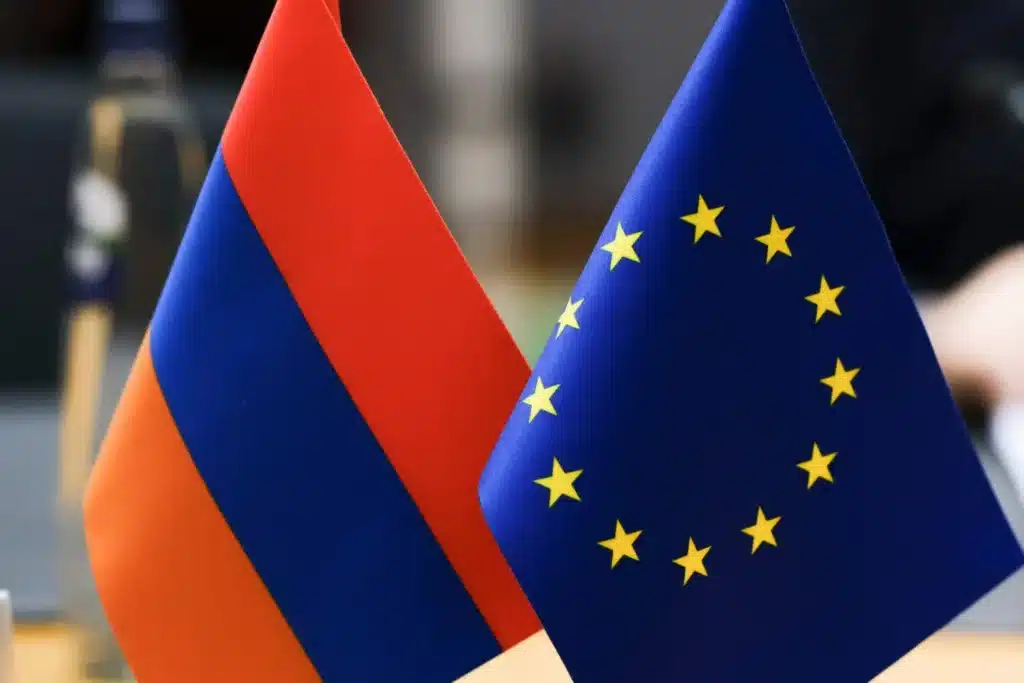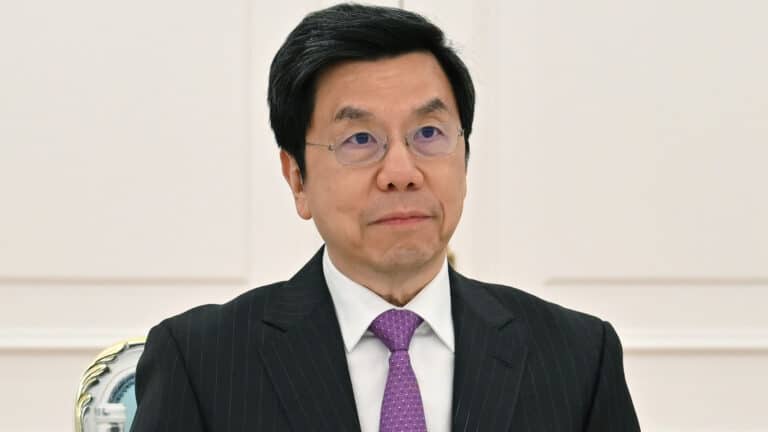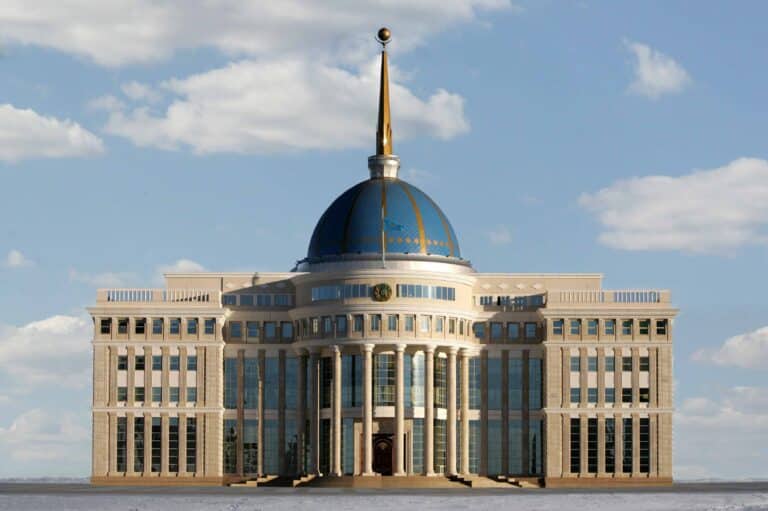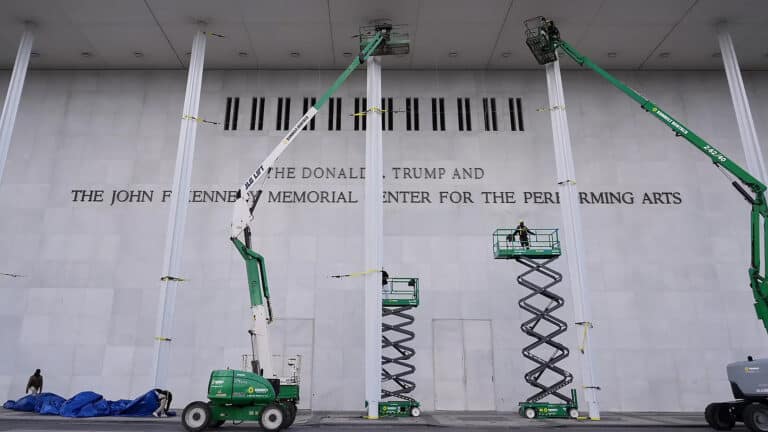
The European Council has approved a proposal by the European Commission to start negotiations with Armenia on the issue of liberalization of the visa regime. The matter will be discussed by the council next week, according to Arman Yeghoyan, chair of the Standing Committee on European Integration of the National Assembly of Armenia.
«Issues of starting visa liberation dialogue with Armenia, as well as providing support to Armenia through the European Peace Instrument have been included in the agenda of the July 22 session of the Council of Foreign Relations of the European Union (Council of Ministers). Decisions on these two issues will be made respectively on that day,» Yeghoyan wrote on Facebook.
According to Armenian media outlets, the Permanent Representatives Committee under the EU Council discussed the matter on July 17, approving the EU Commission’s proposal to start negotiating with Armenia on visa regime liberalization.
As Armenian media reported, the issue of the liberalization of the visa regime will be returned to the EU Commission once it is approved by all 27 member states of the EU. Only after this will it be clear when negotiations might start and what kind of plan would be proposed to the Armenian government. The EU is going to prepare its list of requirements at the end of this year or early next year. EU officials highlight that this is only the very beginning of a long process that can take several years. Armenia is expected to report to the EU Commission about its achievements every year. If the country fully meets all the requirements, the EU Commission won’t rule out the possibility of removing the visa regime entirely. Conversely, the EU can suspend the mechanism of liberalization if Armenia ignores certain requirements.
Armenia plans to quit the CSTO
In mid-June, Prime Minister of Armenia Nikol Pashinyan announced the country’s intention to quit the Collective Security Treaty Organization (CSTO), although no timeline for the move was provided. In March 2024, Pashinyan claimed that the CSTO had done nothing when the sovereign territory of Armenia was trespassed, even though it should have intervened in the conflict. Therefore, Armenia may quit the CSTO if the organization does not define its zone of responsibility in the country.
Earlier this year, Secretary General of the CSTO Imangali Tasmagambetov said in an interview with the TASS news agency that Yerevan did not participate in the work of the CSTO Secretariat. The official highlighted that as an international organization, the CSTO respects Armenian decisions as it would respect the decisions of any sovereign nation. Pashinyan later confirmed his words at a press conference.
In March, some media outlets reported active discussions within the Armenian government about potentially joining the EU. As Armenian Foreign Minister Ararat Mirzoyan pointed out, the country is going to diversify its foreign policy.
Kazakhstan wants a visa-free regime with the EU as well
In late June, DW reported that Kazakhstan is the most active Central Asian state in pursuing a simplified visa regime with the EU. For instance, Astana and Brussels have discussed unifying documents necessary for visa applications, decreasing consulate fees, cutting deadlines for the visa application review process and expanding the period of validity for multiple visas. Brussels also wants Kazakhstan’s government to prepare an action plan for the readmission of its citizens.
In January 2024, during a meeting with Deputy Foreign Minister of Kazakhstan Alibek Bakayev, EU Ambassador to Kazakhstan Kęstutis Jankauskas said that the EU plans a second round of consultations on simplifying the visa regime between the EU and Kazakhstan.
In February 2023, some media outlets reported that Kazakhstan would be added to the blacklist of the Schengen Area starting from March 1, 2023. Kazakhstan’s MFA disputed this information, admitting, though, that Kazakhstani citizens would be required to pass through additional consultations when applying for a Schengen visa along with citizens from several other countries.
In March 2023, Deputy Foreign Minister of Kazakhstan Roman Vassilenko said that Kazakhstan was expecting the EU to introduce a visa-free regime for its citizens traveling to Europe. The official also noted that the country’s MFA was negotiating with their European counterpart on cutting visa application review deadlines.
In 2020, Kazakhstan and the EU signed an Enhanced Partnership and Cooperation Agreement, agreeing to start negotiations on simplifying the visa regime to promote personal contacts and travel.
Kazakhstan introduced a visa-free regime for EU member states in 2017. After a two-year pause due to the COVID-19 pandemic, the visa-free regime for Europeans was restored in 2022. In October 2023, Kazakhstan’s MFA said that the EU is interested in a visa-free regime with Kazakhstan but was not ready to negotiate the issue except for cutting deadlines for the visa application review process.













